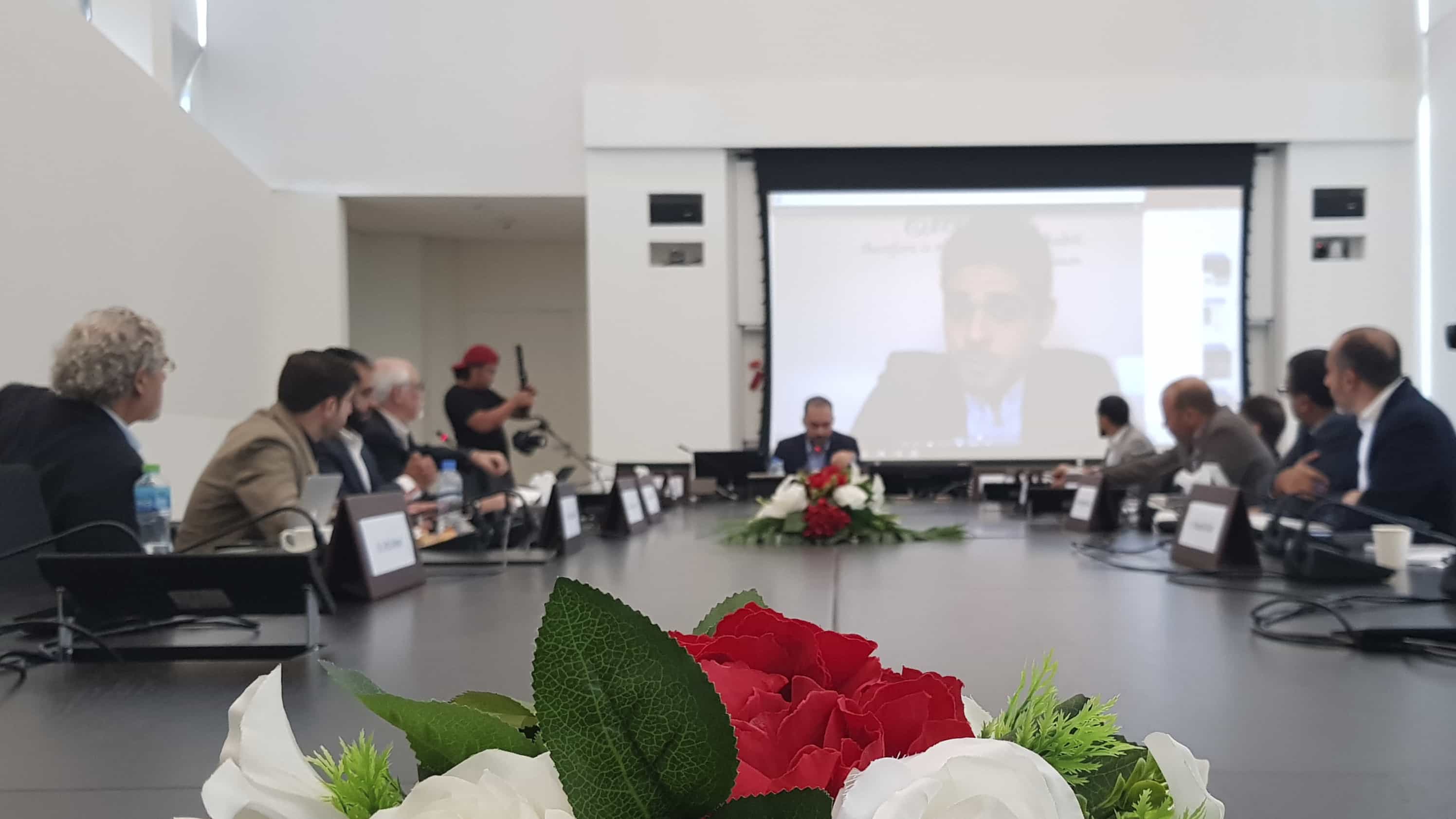In his landmark work, the Comparative Sociology of World Religions, the German sociologist Max Weber identified ethical dispositions in Protestantism that he argued were conducive to the emergence of what he termed the “spirit of capitalism.” Weber argued that the spirit of capitalism—the notion

Add new comment